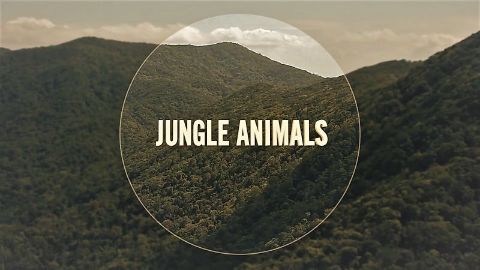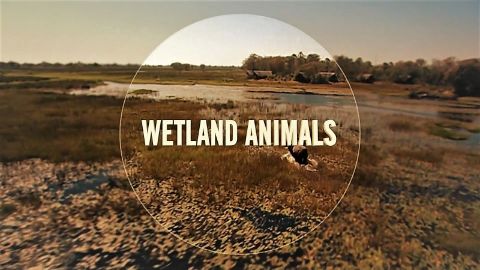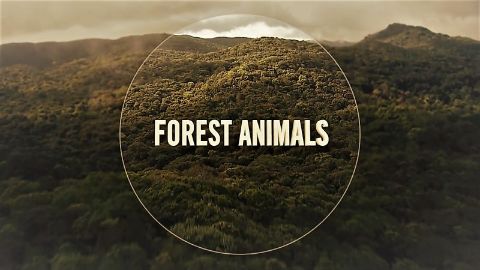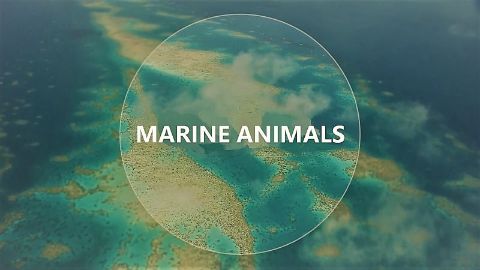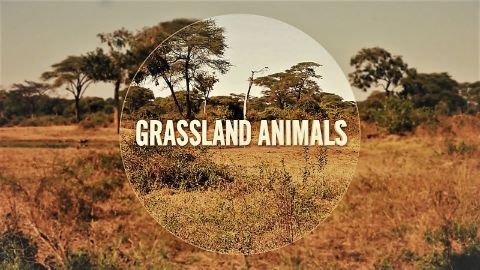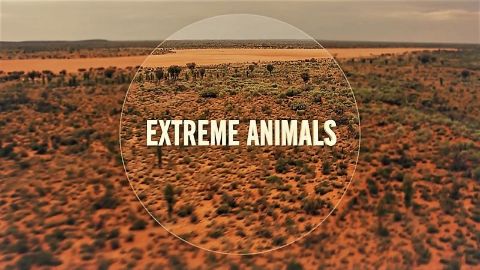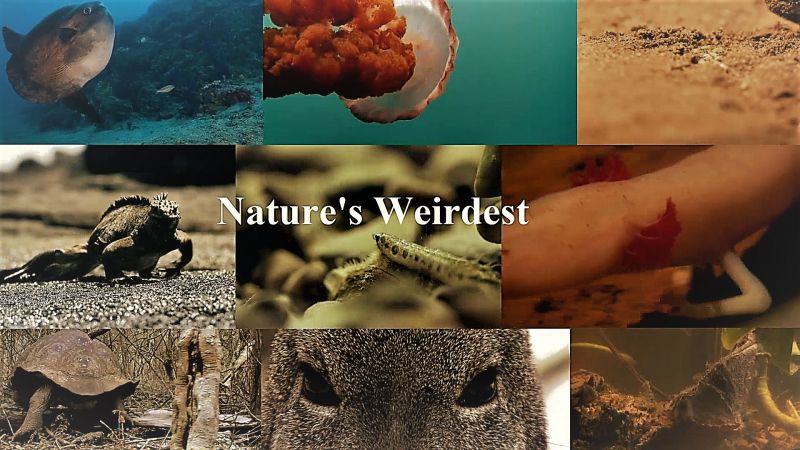Grass Animals • 2020 • episode "S1E5" • World's Greatest Animal Encounters
Wildlife that lives on grassland, Grasslands are the great stages of the natural world where large animals play out spectacular lives in a clear view of people. From the iconic African grasslands, the series showcases lions, leopards, elephants, rhinoceros, cheetahs, and impalas. Australian kangaroos, wallaby and the wonderfully odd potoroo join American bison and wolves in a grand tour of iconic animals.
Make a donation
Buy a brother a hot coffee? Or a cold beer?
Hope you're finding these documentaries fascinating and eye-opening. It's just me, working hard behind the scenes to bring you this enriching content.
Running and maintaining a website like this takes time and resources. That's why I'm reaching out to you. If you appreciate what I do and would like to support my efforts, would you consider "buying me a coffee"?
Donation addresses
BTC: bc1q8ldskxh4x9qnddhcrgcun8rtvddeldm2a07r2v
ETH: 0x5CCAAA1afc5c5D814129d99277dDb5A979672116
With your donation through , you can show your appreciation and help me keep this project going. Every contribution, no matter how small, makes a significant impact. It goes directly towards covering server costs.
